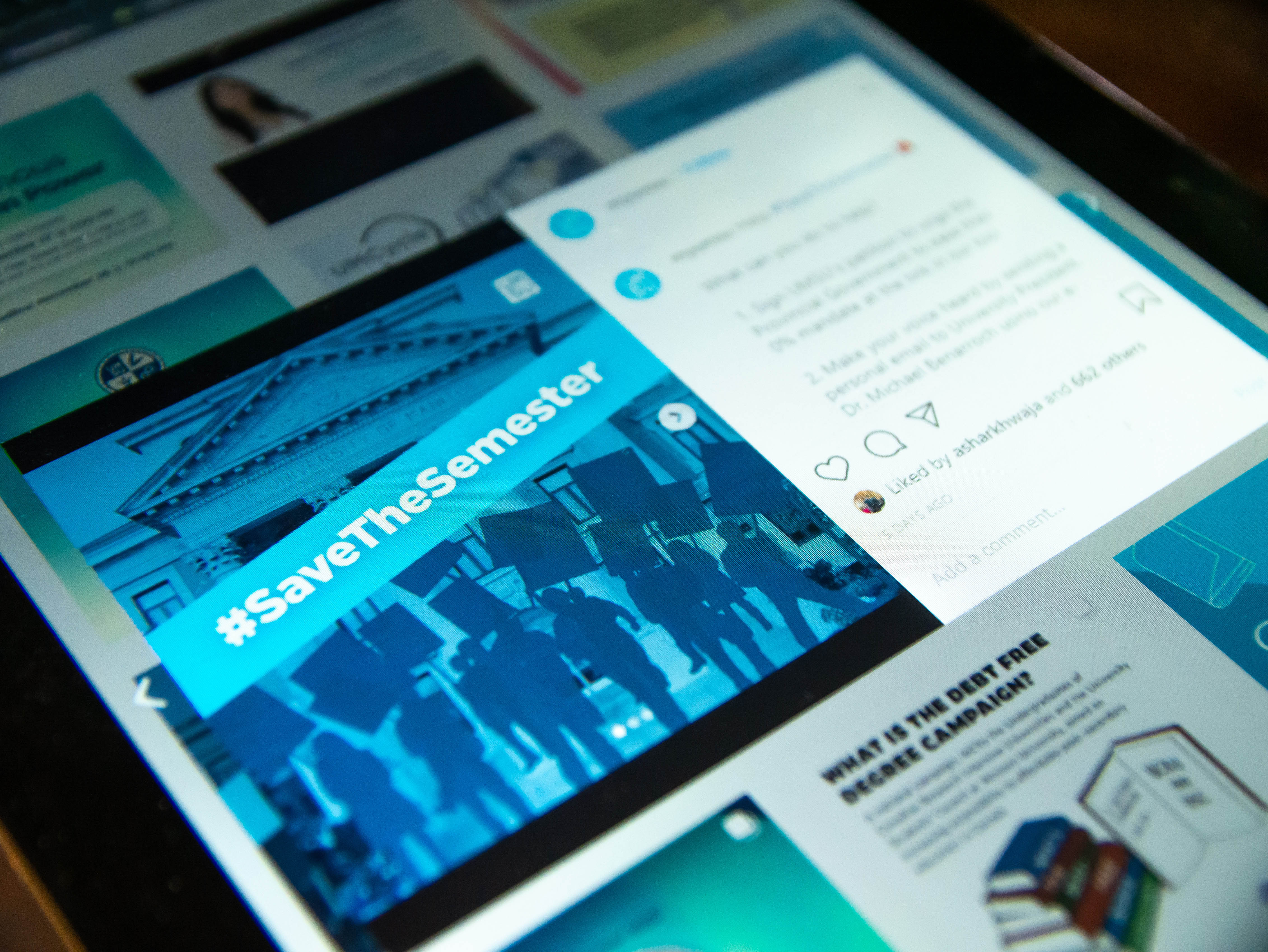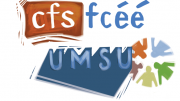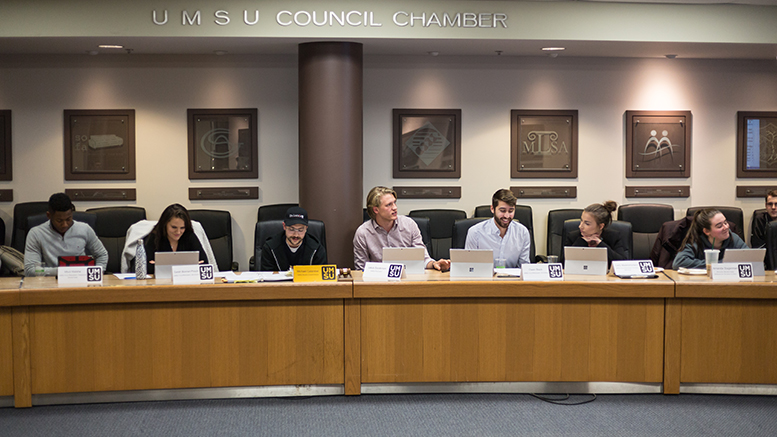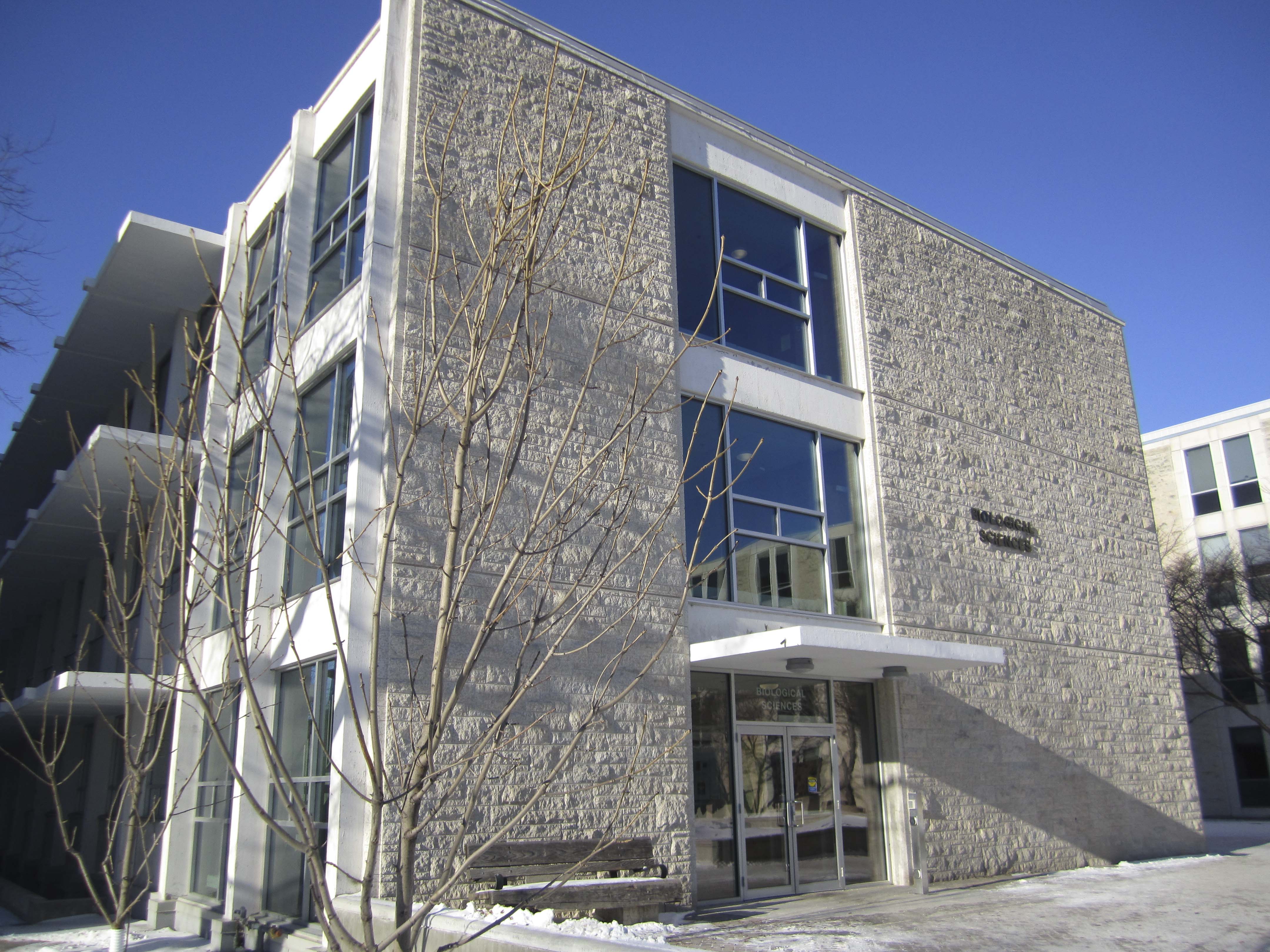The University of Manitoba Senate met on Wednesday, Feb. 6 in the engineering building senate chambers to hear annual reports from Student Accessibility Services and the university discipline committee.
Student Accessibility Services (SAS), which has existed under several different names since the 1990s, aims to “ensure equal access for students with disabilities.” Last Wednesday’s report to senate—which consisted of data compiled from September, 2011 to August, 2012—was SAS’s first such report.
The report states that overall, SAS staff feel “well supported by the University of Manitoba and are able to respond to the needs of students in a timely fashion.”
Furthermore, a section on student feedback sourced from a December, 2012 survey shows positive comments from several students, which—according to the authors—are representative of “the quality of the relationships that exist between staff and students.”
Despite this, university officials representing SAS pointed out to the senate that there is always room for improvement.
“There is one area where Student Accessibility Services has fallen behind, as is the case across many Canadian universities, and that is assistance technology and supports,” said director of Student Advocacy and Accessibility Brandy Usick.
Also, the report summary points to several changes SAS is looking to implement in order to improve services to students. SAS would like to continue to submit annual reports, revise its policy and procedures, promote “enhanced education about SAS and disability on campus,” and make alterations to its “general operational practices.”
SAS representatives also announced that they recently hired a new employee from the Manitoba Health division who will help the university write a mental health strategy for students.
In response to a question about dramatically shifting numbers of students registered with SAS from 2010-11 to 2011-12 in some faculties, SAS coordinator Carolyn Christie pointed out that the method for compiling data switched over from self-reporting by students to a database management system over that time period.
After this response, a member of the senate remarked that she was “struck by the notion in this report that students are underreporting and underutilizing their accessibility services.”
Jennifer Black, vice-president of advocacy for the University of Manitoba Students’ Union (UMSU), told the Manitoban that the feedback she has received from students on SAS has been mostly positive.
“A lot of students have satisfactory experiences with SAS [ . . . ] overall, the picture I have gotten is that students are satisfied with the services,” said Black.
Black added that recent accessibility grievances from students were not caused by SAS failing to deliver on its mandate, but rather the result of communication barriers between different administrative organelles within the university.
“During recent construction we had an issue with elevator access at Dafoe Library [ . . . ] that wasn’t so much the fault of SAS, but there is not enough communication between all the offices on campus that are involved in dealing with these issues,” explained Black.
Following the senate’s discussion of the SAS report, the university discipline committee made its yearly presentation.
The discipline committee’s report amalgamates data from all U of M faculties, tracking acts of academic misconduct throughout the year, and condenses those statistics into a single document.
“The raw numbers this year are about the same,” said Jeff Leclerc, university secretary to the senate. “There was an increase this year in incidences of plagiarism, which goes up and down each year but is still a concern and something that we are monitoring.”
Black agreed that plagiarism frequencies do tend to fluctuate slightly from year to year but can also sometimes be attributed to factors such as an increase in international students attending the U of M.
“There is a higher trend for plagiarism amongst international students. Sometimes, the training on that issue may be different elsewhere than it is in Canada,” said Black.
UMSU president Bilan Arte added that a committee known as the International Student Advocacy Awareness Network (ISAAN) has been established at the U of M to look more deeply into that trend.
After a presentation on legal issues related to accommodating students with disabilities and a short question period, the senate meeting was adjourned.
The next scheduled meeting of the U of M senate is Wednesday, Mar. 6. Minutes from this meeting and prior meetings are regularly made available to read online at the university’s website.




